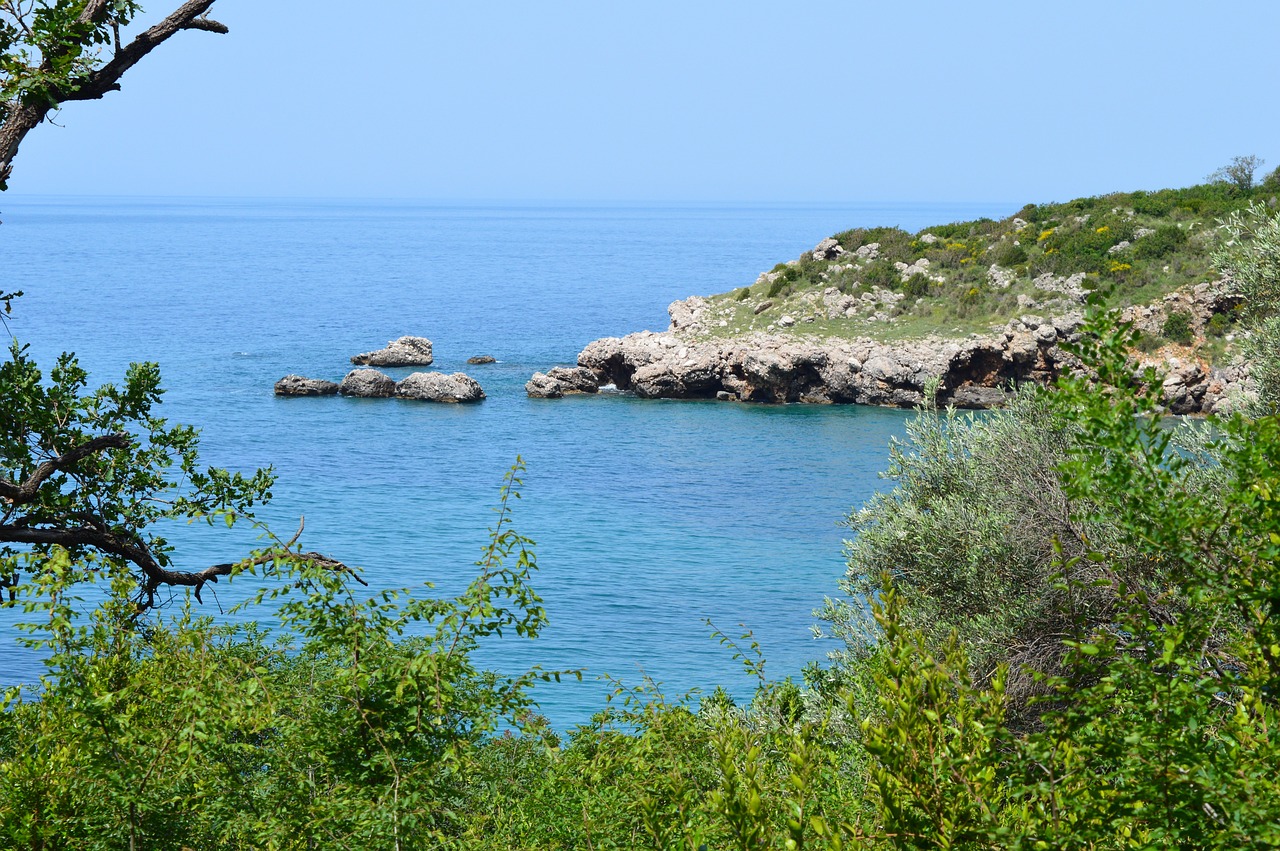Managing Finances and Payments while Working in Montenegro
Montenegro, a small country located in Southeastern Europe, is becoming an increasingly popular destination for expats and digital nomads looking for a unique work-life balance. As you embark on your journey to work in Montenegro, it is essential to have a solid understanding of managing finances and payments in this country. This article will guide you through the various aspects of financial management, including banking options, tax obligations, cost of living, and payment methods.
Banking Options
When it comes to banking in Montenegro, there are several options available to expats and digital nomads. The country has a well-developed banking system with both local and international banks operating within its borders. Some popular banks in Montenegro include:
- Crnogorska Komercijalna Banka: This is one of the largest and most reputable banks in Montenegro, offering a wide range of banking services and products.
- Hipotekarna Banka: Another prominent bank in Montenegro, Hipotekarna Banka provides various financial services, including personal and business banking.
- NLB Montenegro Banka: As a part of the NLB Group, NLB Montenegro Banka offers comprehensive banking solutions tailored to the needs of individuals and businesses.
It is advisable to research the different banks and their services to find the one that best suits your needs. Consider factors such as fees, accessibility, online banking capabilities, and customer service before making a decision.
Tax Obligations
As a foreigner working in Montenegro, you are required to fulfill your tax obligations. The tax system in Montenegro is relatively straightforward, with a flat income tax rate of 9%. Here are a few key points to consider:
- Residency Status: Your tax liability in Montenegro depends on your residency status. If you spend more than 183 days in a calendar year in Montenegro, you are considered a tax resident and will be subject to tax on your worldwide income. Non-residents are only taxed on their Montenegrin-source income.
- Income Tax: The income tax rate of 9% applies to both residents and non-residents. It is important to keep track of your income and report it accurately to the tax authorities.
- Social Security Contributions: If you are employed in Montenegro, you and your employer are required to contribute to the social security system. The rates vary depending on the type of employment and are calculated based on your gross income.
To ensure compliance with the tax regulations, it is recommended to consult with a local tax advisor or accountant who can guide you through the process and help you optimize your tax situation.
Cost of Living
Understanding the cost of living in Montenegro is crucial for effective financial management. The country offers a relatively affordable lifestyle compared to many other European destinations. However, the cost of living can vary depending on the region and your personal preferences.
- Accommodation: Rent prices in Montenegro vary significantly based on location and property type. Coastal areas and popular tourist destinations tend to have higher rental rates compared to inland regions.
- Transportation: Public transportation in Montenegro is generally affordable and reliable. Buses and taxis are the most common modes of transportation, and their costs are relatively low compared to other European countries.
- Groceries and Dining: The cost of groceries and dining out in Montenegro is reasonable. Local markets offer fresh produce at affordable prices, and dining in local restaurants is generally more affordable than in tourist areas.
- Utilities: Utility bills, including electricity, water, and internet, are reasonably priced in Montenegro. However, keep in mind that prices may vary depending on the size of the property and your usage.
It is advisable to create a budget based on your specific needs and lifestyle to effectively manage your finances while working in Montenegro.
Payment Methods
Montenegro has a well-established financial infrastructure, and various payment methods are widely accepted throughout the country. Here are some common payment methods you can use:
- Cash: Cash is widely accepted in Montenegro, and ATMs are readily available in most cities and towns. It is advisable to carry some cash for small purchases and emergencies.
- Debit and Credit Cards: Debit and credit cards, especially Visa and Mastercard, are widely accepted in hotels, restaurants, and larger establishments. However, it is always recommended to carry cash as a backup, as some smaller businesses may only accept cash payments.
- Online Banking and Mobile Payments: Many banks in Montenegro offer online banking services, allowing you to manage your finances and make payments conveniently. Additionally, mobile payment apps like mCash and m-plati are gaining popularity, enabling users to make payments using their smartphones.
Before using your cards or mobile payment apps, it is essential to inform your bank about your travel plans to avoid any issues with card transactions.
Conclusion
Managing finances and payments while working in Montenegro requires careful planning and understanding of the local financial landscape. By familiarizing yourself with the banking options, tax obligations, cost of living, and payment methods, you can ensure a smooth financial experience during your time in this beautiful country. Remember to consult with professionals and research thoroughly to make informed financial decisions.
References
– Crnogorska Komercijalna Banka: www.ckb.me
– Hipotekarna Banka: www.hipotekarnabanka.com
– NLB Montenegro Banka: www.nlb.me

